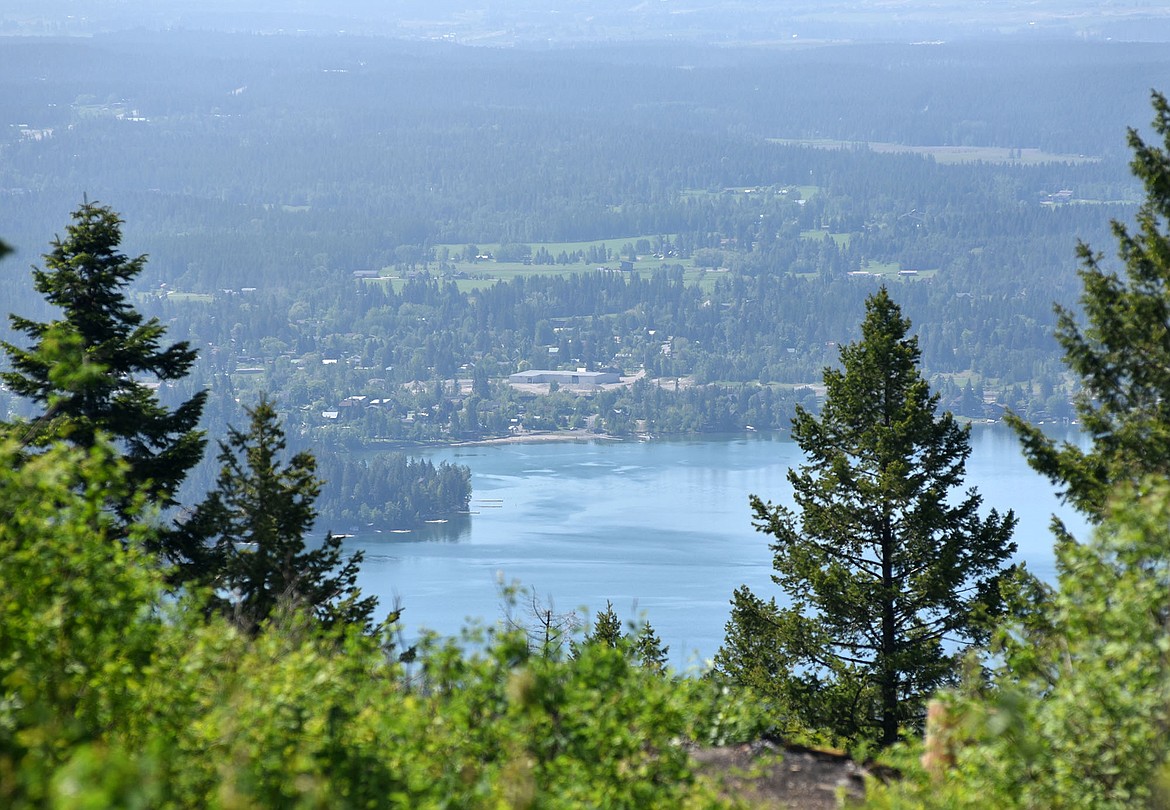Montana Lakes Conference dives into threats to waterbodies
Lakes in Northwest Montana provide numerous benefits including drinking water, fish to eat and a place to recreate.
Those lakes are facing threats from several fronts such as aquatic invasive species, septic pollution and the impacts of drought amid a changing climate.
The Montana Lakes Conference will examine these topics and others during sessions at The Lodge at Whitefish Lake beginning on Wednesday, Oct. 18.
The Montana Lakes Conference, first held in 2019, was created by the nonprofit Whitefish Lake Institute to forge solutions for threats that Montana lakes face today.
“Because our lakes are a shared public resource, it is imperative that we work together to keep them clean today and for our grandchildren tomorrow,” said conference organizers in a release.
The three-day conference is organized into concurrent sessions with a science and policy track and a citizen science track. It runs through Friday, Oct. 20.
The conference keynote address at 9:30 a.m. on Oct. 19 is presented by Andrew Sansom, who is the founder of The Meadows Center for Water and Environmental, an educational center in San Marcos, Texas, that seeks to preserve the unique archeological and biological resources of Spring Lake. Sansom will share anecdotes collected from 50 years as a conservation professional, using them to illustrate issues related to the intersection of science, policy and politics.
A study released in 2021 by the Flathead Lake Biological Station and the Whitefish Lake Institute found that highly desirable lakes such as Flathead and Whitefish enhance surrounding property values and therefore contribute significantly to the local economy and tax base.
The study found that lakefront property sales on Flathead Lake had on average a $500,000 premium compared with similar properties not located on the lake, while Whitefish Lake saw a $1.3 million average premium.
“Monitoring and protecting our lakes is not only important for maintaining ecological integrity and recreational opportunities but also for contributing to the economies of these communities,” conference organizers note.
Among the topics discussed will be the effect of failing septic systems which is a concern of many lake associations and shore owners. At the conference, new technology for septic solutions will be presented by industry leaders. A panel discussion involving university and agency staff will give attendees a chance to discuss with experts the implications and solutions to this pervasive issue.
Whitefish Lake and Flathead Lake are at the headwaters of the Columbia River Basin which is one of the only watersheds in the U.S. that remains free of zebra and quagga mussels. Experts will speak about efforts to protect waters from aquatic invasive species including new technology being used to monitor for invasive mussels.
Also during the conference, US Geological Survey experts will detail long-term changes in the concentration of selenium in Lake Koocanusa and its impact on aquatic life. Discussions will also touch on what’s being done about invasive fish in Flathead Lake, Glacier National Park, and other Montana lakes.
The conference will kick off Wednesday, Oct. 18 at 5 p.m. with a community night highlighting posters presented by Whitefish area youth and followed by short, science-based talks geared to the public beginning at 6 p.m.
To register for the full conference and to find a detailed agenda go to the Montana Lakes Conference page on the Whitefish Lake Institute website at https://whitefishlake.org/mlc-2023-home/.


